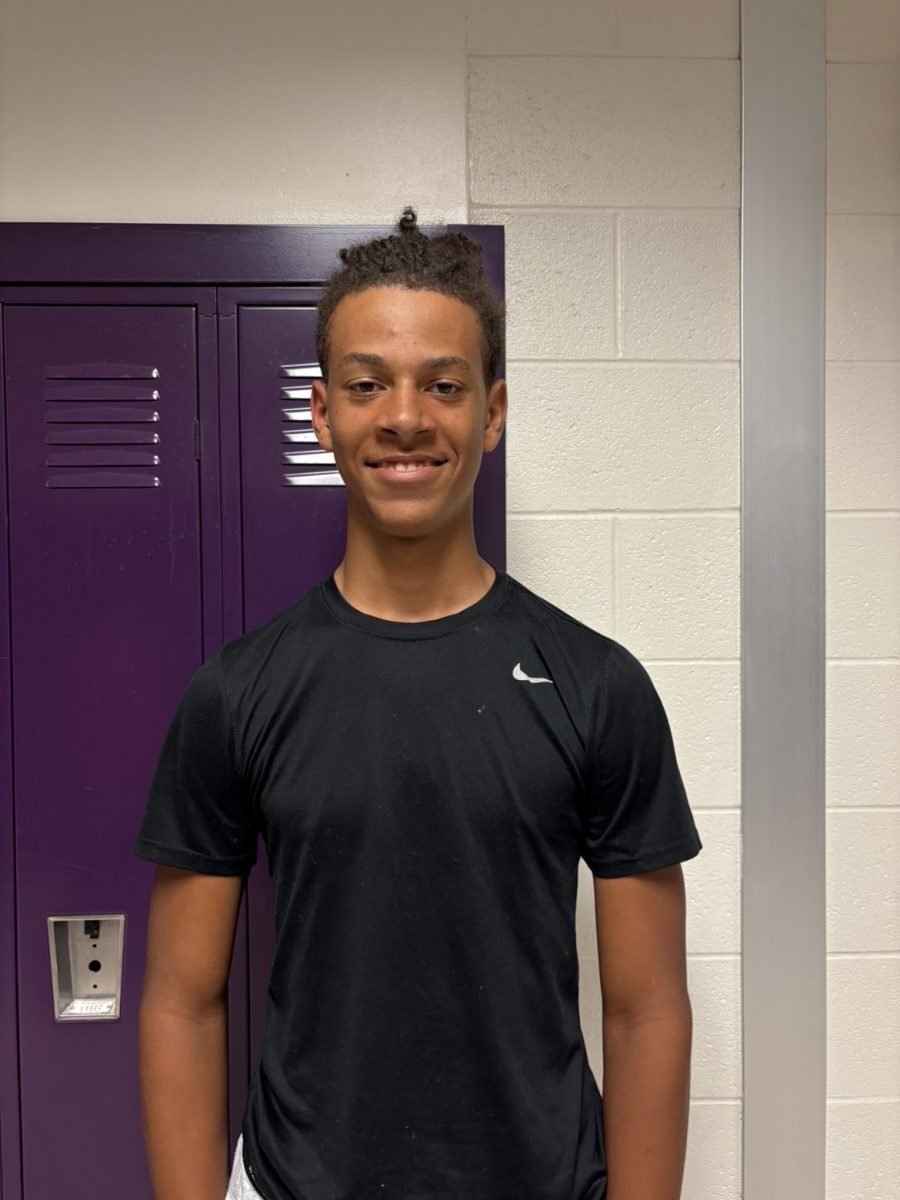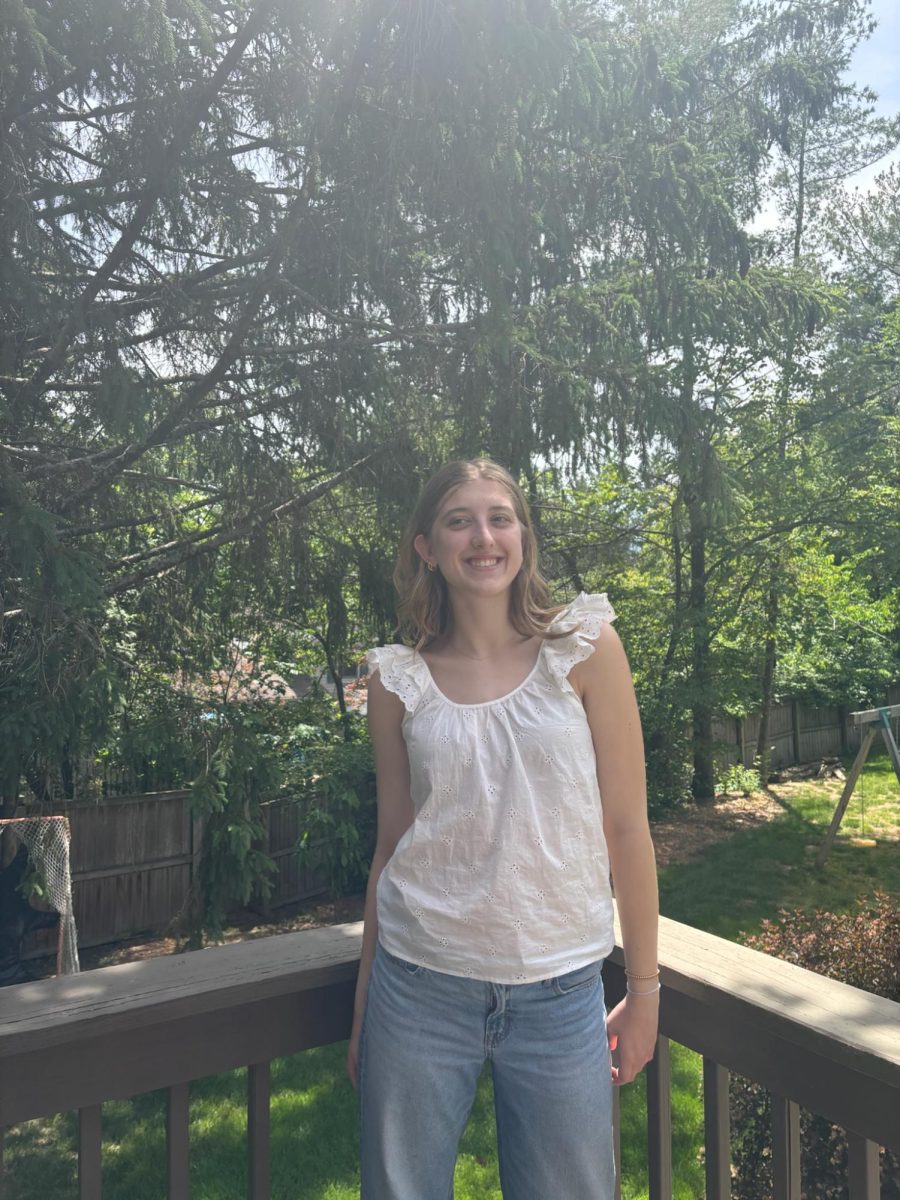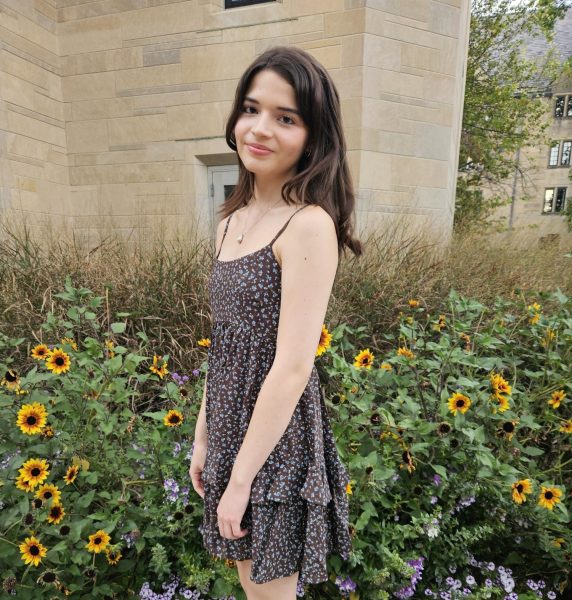This school year, Bloomington South welcomes a handful of exchange students from many different countries. They’ve only been here for a couple of months yet they have already adapted and learned how our school and country is different from theirs in many ways, from onion flavored foods, to different dinner times. We asked them different questions, and here is what they said.
When travelling to new places, people generally notice what’s different and what’s similar from back home. Well these students have been noticing a lot of things that are different from their home countries. When asked what his favorite thing from the U.S. was, sophomore Ivo Abad Rodriguez, an exchange student from Spain, said that he really appreciates the “freedom to do a lot of things.” For example, he said “people of my age can drive, so that’s so cool.” Similarly, Ava Stuenkel, a junior from Germany, said that she really liked“that everyone’s so nice [in the U.S.],” which many of the exchange students agreed on.
There’s many things that are different in the U.S. compared to their home countries. sophomore Carla Ron Aparicio from Spain, said that the thing she considered really different in the U.S. and hard to adapt to here was “the times…because in Spain people get dinner at nine, here it’s like six.” Rodriguez said the thing that he finds the most different from Spain is the fact that “everything is double size, and everything is cheese flavored or onion flavored.”
Some of these students had imagined what it would be like in the U.S., like Paikea Buss, a junior from Germany, even imagined that coming to the US would be like “living in the movies,” she now says it’s similar but not the same.
On the other hand, sophomore Matiss Lejin from Latvia said that coming to the U.S. is better than what he expected, since he thought he would be staying with a “classic U.S. family, which eats fast food every day, drives [him] to school, [and then] sit[s] at home and watch[es] TV,” which ended being really different to what he’s actually experiencing with his host family, since they’re “do[ing] activities every single day” and allowing him to do things like “meet [his] friends [and] get to do sports.”
The burning question, though, is why did they choose to travel across an ocean to another country? Jovan Arsic, a junior from Serbia, said that he wanted “to go to a different country, to see a new place, to live in a different place…get out of [his] comfort zone.”
Ole Grosspietsch, a junior from Germany, said that he thought this exchange program would be “an experience from which [he could] learn a lot,” whether it was with how to make new friends or improve his English. Other students had families who had done a similar program when they were younger, for instance, junior Vivien Schlenstedt from Germany, said that “[her] dad was also here, like when he was younger, so he wanted me to experience that too.”
While they all agree that it’s a struggle every day to establish conversations and to be thinking in English almost all of the time, many of them have gotten involved in extracurricular activities or have found their friend groups which they spend time with after school. For instance, both Rodriguez and Buss are part of the swim team this year, and Matiss was part of the soccer team and is planning on participating in Panther Hoops, as well as lacrosse, in the spring.




